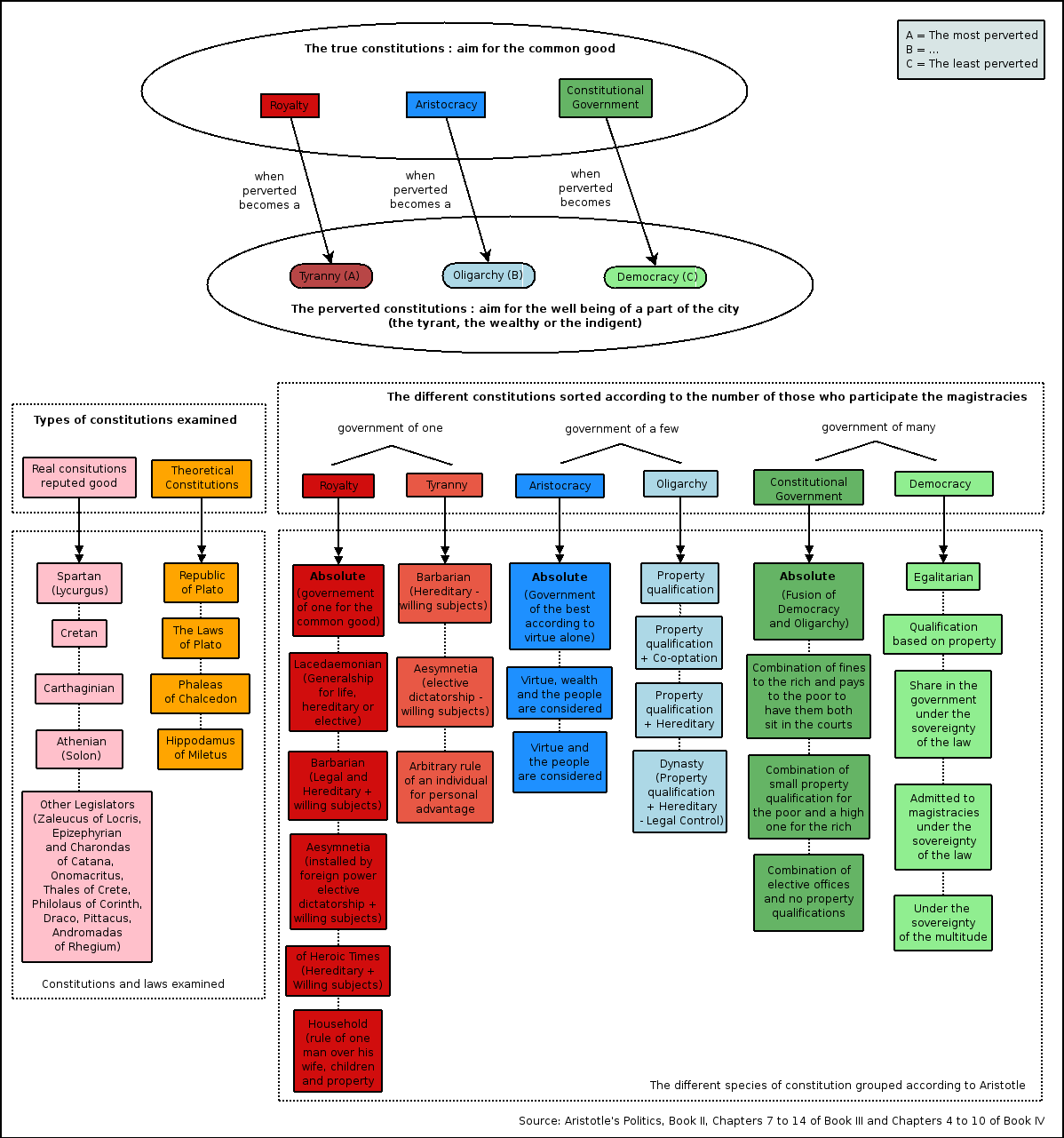Third Estate

- In gatherings of the Estates General – a
representative body in late medieval and early modern France – and in
French society as a whole, the country was divided into three groups
called ‘Estates’.
- The First Estate was comprised of the
clergy, the Second Estate the nobility, and the Third Estate everyone
else.
- The Third Estate was thus a vastly larger
proportion of the population than the other two estates, but in the Estates
General they only had one vote, the same as
the other two estates had each.
- This dramatic inequality in voting led to
the Third Estate demanding more rights in 1789 and led to the creation of
a new National
Assembly to better represent them.
- In turn, they also effectively started
the French
Revolution.
Bourgeoisie
- Bourgeois indicates a person or group
which is essentially middle class / “white collar”.
- The term has been used heavily throughout
recent writing, and is perhaps best known for its use by Marx.
- In European history, it is commonly used
to describe the middle class in France – the non noble professionals like
lawyers – during the French Revolution.
Proletariat
- In socialist theory, the Proletariat were
a class of exploited and degraded urban workers who would rise up and
seize power in a final class war.
- The term was vitally important to those
involved in the Russian Revolution of 1917, and to a lesser extent 1905.
Junkers
- In Prussian history Junkers were members of the landed
nobility in Prussia.
- They owned great estates that were maintained and worked
by Slavic peasants with few rights.
- They were a dominant factor in the Prussian and, after
1871, German military, political and diplomatic leadership.
- The most famous Junker was Chancellor Otto
von Bismarck.
- They were expelled by the Soviets after 1944 and their
lands confiscated.
Paris Commune

- The Paris Commune or Fourth
French Revolution was a socialistic government that briefly ruled Paris starting from
the middle of March 1871.
- Though elected as the city council (in French, the "commune"),
the Commune eventually proclaimed its own authority to govern all of
France.
- Its controversial governance, its break with the elected
government of France and the violence with which it exercised power led to
its brutal suppression by regular French forces in "The
Bloody Week" beginning
in May 28, 1871.
- Debates over the policies and outcome of the Commune had
significant political repercussion both inside and outside France during
the 20th Century.
Means of Production
- Under communism, none of the "means of
production" -
factories, land, etc. - are owned by individuals. Instead, the government
controls the means of production, and all of the people work together. The
wealth produced is shared out among the people based on their needs,
rather than on their contribution to the work. The result, in theory, is a
classless society where everything is public, rather than private,
property.
- The theory of socialism, while
similar in many ways to communism, is less extreme and more flexible. For
example, although government control of the means of production is one possible solution, socialism also allows
for workers' cooperative groups to control a factory or farm together.
Utopian Socialists

- Utopian
socialism is
a term used to define the first currents of
modern socialist thought as exemplified by the work
of Henri de Saint-Simon,Charles Fourier, and Robert Owen, which
inspired Karl Marx and other early socialists.
- However,
visions of imaginary ideal societies, which competed with revolutionary
social-democratic movements, were viewed as not being grounded in the
material conditions of society and as reactionary.
- Although
it is technically possible for any set of ideas or any person living at
any time in history to be a utopian socialist, the term is most often
applied to those socialists who lived in the first quarter of the 19th
century who were ascribed the label "utopian" by later
socialists as a negative term, in order to imply naivete and dismiss their
ideas as fanciful or unrealistic.
- Forms
of socialism which existed in traditional societies are referred to
as primitive communism by Marxists.
- Religious
sects whose members live communally, such as the Hutterites, for
example, are not usually called "utopian socialists", although
their way of living is a prime example.
- They
have been categorized as religious socialists by some.
- Likewise,
modern intentional communities based on socialist ideas could
also be categorized as "utopian socialist".
****************************************************************






